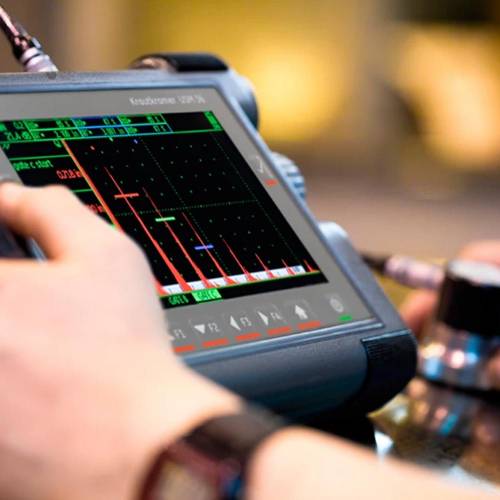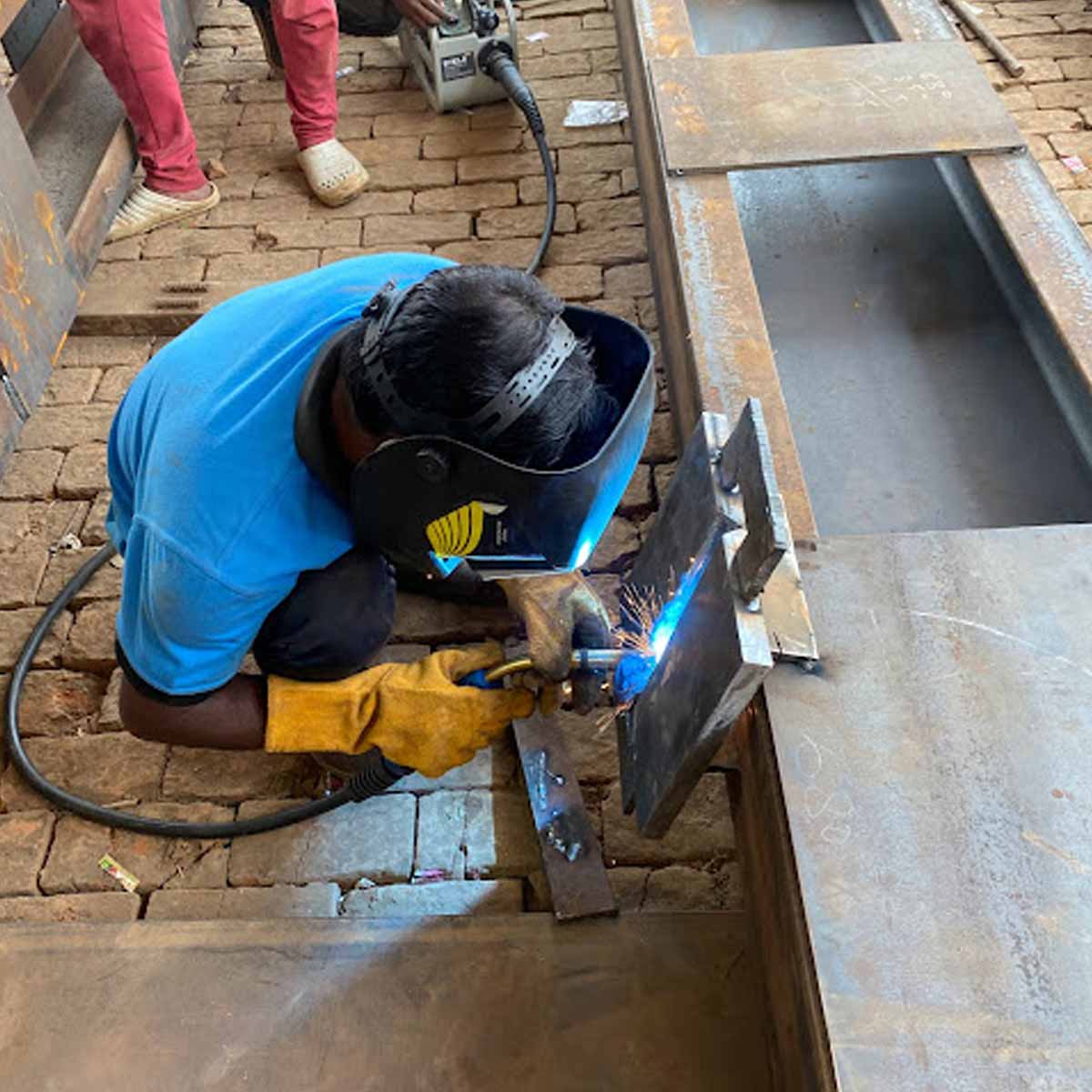In the realm of industrial maintenance and quality assurance, Eddy Current Inspection (ECI) has emerged as a crucial non-destructive testing (NDT) method. Its ability to detect flaws without damaging the material makes it invaluable for various industrial applications.
What is Eddy Current Inspection?
Eddy Current Inspection is a technique used to detect surface and near-surface defects in conductive materials. To understand how it works, it’s important to delve into its fundamental principles. ECI operates on the principle of electromagnetic induction. Coils generate alternating magnetic fields with alternating current. Eddy currents result from this field's interaction with conductive material. These eddy currents change with material irregularities, which inspection equipment can detect and analyze.
Key Advantages of Eddy Current Inspection
When choosing an inspection method for industrial applications, understanding its advantages can help in making informed decisions. The Eddy Current Inspection Services in Noida offer several notable benefits:
- High Sensitivity to Surface Defects: ECI is exceptionally sensitive to surface cracks and corrosion, making it ideal for inspecting components that undergo severe stress or wear.
- No Need for Contact: The technique can be performed without direct contact, which is particularly useful for inspecting delicate or hard-to-reach areas.
- Rapid and Accurate: Eddy Current Inspection provides quick results with high precision, allowing for efficient quality control and maintenance.
Common Industrial Applications
Understanding where Eddy Current Inspection is most commonly used can highlight its importance across different sectors. Here are some key applications:
- Aerospace Industry: ECI is used to inspect critical components such as aircraft fuselages and engine parts. Its ability to detect minute cracks is crucial for ensuring safety and performance.
- Automotive Sector: Automotive manufacturers use ECI to test components like engine parts and suspension systems for integrity and reliability, ensuring that vehicles meet safety standards.
- Power Generation: Eddy Current Inspection is employed in power plants to assess turbine blades, generator components, and other critical parts, helping prevent catastrophic failures and extend equipment life.
- Oil and Gas Industry: This technique is used to inspect pipelines and pressure vessels for corrosion and cracks, helping maintain operational safety and efficiency.
Challenges and Considerations
Eddy Current Inspection despite its benefits has drawbacks. Being aware of these can improve technology use. The method works best on conductive materials and may not work on non-metallic ones. Additionally, the effectiveness of Eddy Current Testing Services in India from Inspection & Testing Engineers can be influenced by the geometry of the material and the presence of coatings or surface treatments.
Eddy Current Inspection is a powerful tool in the arsenal of industrial quality assurance and maintenance. Its non-destructive, high-sensitivity, and fast results make it essential for detecting and preventing critical component faults across industries. Understanding its uses, benefits, and drawbacks will help industries use this technology for safety and performance.



